KATHMANDU: The CPN-Maoist initiated armed struggle on 1st of Falgun 2052 BS, marking 28 years since the declaration.
The insurgency aimed to dismantle the parliamentary system and establish the ‘People’s Republic of Nepal,’ persisting for 12 tumultuous years until 2063 BS.
A staggering toll of 17,000 Nepalese lives was claimed during the ‘People’s War,’ with 12,000 casualties from the ruling side and 5,000 from the rebel faction.
The aftermath left millions grappling with loss, dismemberment, and displacement, rendering villages desolate.
Nationwide, substantial physical structures were ravaged, demanding billions in reconstruction funds.
The conflict disrupted development initiatives and democratic processes, fostering corruption and impunity at the local level.
From another perspective, the Maoist leaders, envisioned as architects of the People’s Republic, reached a consensus after 2062/063 BS.
Despite the absence of the intended republic, a ‘capitalist republic’ emerged, infused with inclusivity and secularism.
The subsequent Madhes movement introduced federalism, and a decade later, the country saw the establishment of a Constitution.
The Maoist leaders attribute these achievements to their “People’s War” and its envisioned agenda.
However, internal dissent within the Maoist party highlights grievances regarding the neglect of those who actively participated in the People’s War.
Concerns echo that leaders and their factions have ascended to power, while the grassroots fighters find themselves compelled to seek opportunities in Gulf countries.
Seventeen years post-peace process, the unresolved issue of transitional justice emerges as a poignant failure in the Maoist leadership’s legacy.
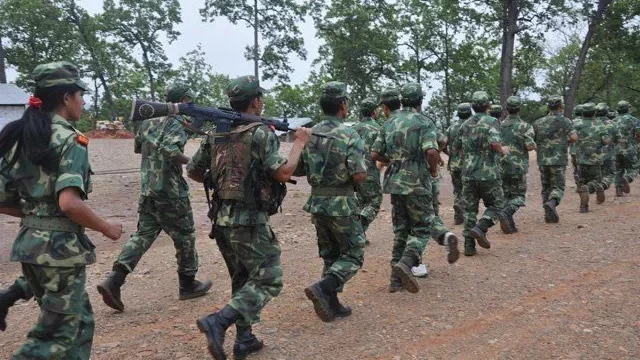
CPN-Maoist: From People’s Hope to Internal Strife
In 2064 BS, during the first Constituent Assembly, the people bestowed their hopeful votes upon the Maoist party, elevating it to a prominent position.
However, the party now faces a precarious descent into the abyss.
The once-respected Maoist leaders are now synonymous with corruption, with prominent figures like Top Bahadur Rayamajhi, a People’s War veteran, imprisoned in a fake Bhutanese refugee case.
The son of Ram Bahadur Thapa Badal, another war commander, is evading criminal charges, while the former vice president’s son faces accusations of cooperative fraud.
Even Maoist Chairman Pushpa Kamal Dahal Prachanda himself has been implicated in various controversies, including allegations related to his daughter-in-law ‘Navarajkumar’ (new prince).
A sense of extreme disappointment and ‘mass depression’ permeates the Maoist party, as internal strife and disarray escalate rapidly, with seemingly no efforts by leaders to halt the decline.
Despite multiple stints in government over the past 17 years, the Maoist party has faced mounting complaints about its failure to effectively manage the families of martyrs, the injured, and the missing.
Central committee meetings on Sunday and Monday further highlighted these concerns, revealing a growing dissatisfaction within the party ranks.
Against this backdrop, as the country observes ‘People’s War Day’ on Falgun 1st (celebrated by the government and, despite court rejection, still observed by the Maoist party), we pose three critical questions to six Maoist leaders:
What was the original purpose of the ‘People’s War’?
Was the pursuit of a violent path within the parliamentary system a misguided approach? What were the intended goals of the People’s War?
Has a new ‘opportunistic class’ emerged within the party that fought the People’s War?
The individuals answering these questions include Maoist Vice Chairman Agni Sapkota, Secretary Ram Karki, Minister Sudan Kirati, lawmaker Madhav Sapkota, leaders Laxmi BK, and and Harimaya Sharma.
What was the purpose of ‘People’s War’?
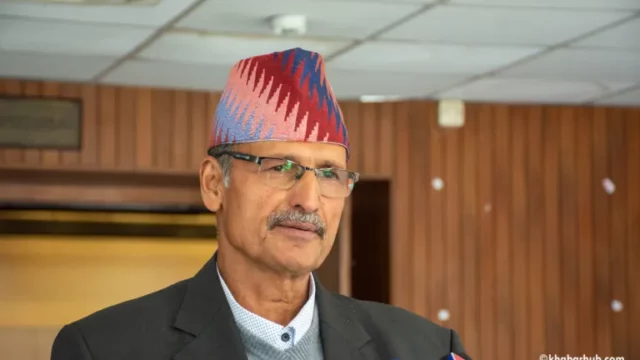
Agni Sapkota: The objectives of the People’s War have been resoundingly accomplished.
It laid the foundation for the Republic and ushered in federalism.
Proportional participation was secured, and constitutional democracy-based socialism became a reality through the People’s War. In essence, the People’s War has unequivocally achieved its goals.
Ram Karki: Revolution is a nuanced journey; some aspects are fulfilled, while others take time.
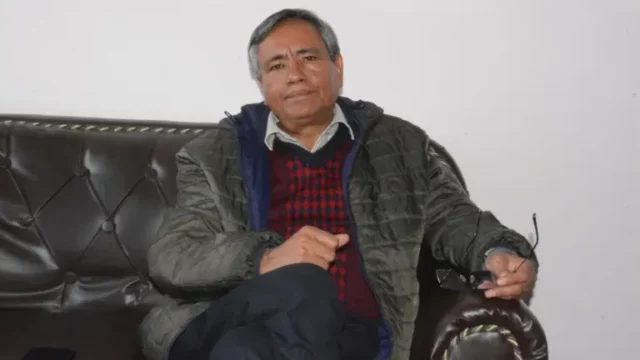
The People’s War had defined its objectives, but achieving them required systematic and innovative practices.
Nepal underwent significant upheaval, yet the task of implementing and embellishing the revolution in a new manner remains unfinished.
A new identity is yet to be established.
Sudan Kirati: The impact of the People’s War is extensive in Nepal.
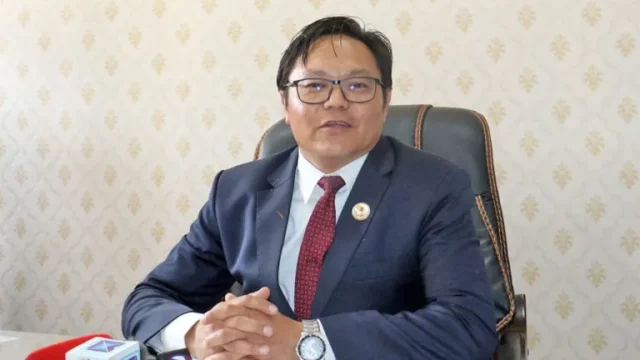
In 2007 BS, the struggle against the Rana regime granted people the right to breathe.
The democracy of 2046 (1990) provided basic speech rights but fell short of full rights.
The People’s War reshaped Nepal’s Constitution, fostering significant changes in social justice.
It played a crucial role in granting 33 percent rights to women, providing direct Dalit participation in power, establishing a republic, and instituting federal democracy.
Today, we stand on the achievements of the People’s War.
Harimaya Sharma: Hailing from Karnali, Surkhet, and a member of a martyr family with six martyrs, she recognizes the People’s War as a profound revolution that transformed Nepal’s state structure.
This revolution restructured the government, bridging cultural divides within society.
It empowered oppressed groups such as women, Dalits, and backward communities, and reshaping consciousness.
The People’s War has undeniably succeeded in benefiting all oppressed classes, with 33 percent of women now participating in the party, government, and assembly—a remarkable achievement.
Madhav Sapkota: The widespread accomplishments of the People’s War have been acknowledged.
This topic has been deliberated within the party’s central committee, discussing both fulfilled justifications and pending tasks.
The issue has been extensively reviewed in meetings convened by the Prime Minister, emphasizing the need to progress by addressing outstanding matters.
Laxmi BK:
I serve as a member of the Sudurpaschim Province Assembly, where the transformative impacts of the 10-year People’s War and the 19-day People’s Movement have been profound.
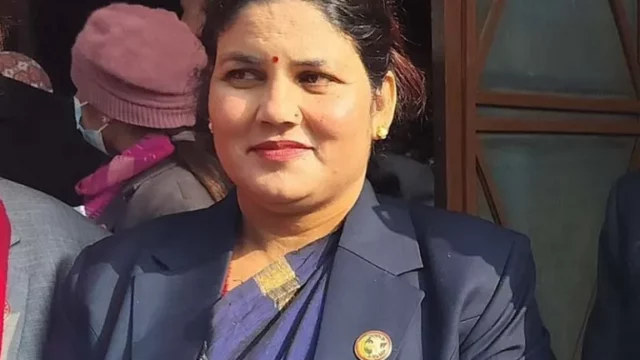
These events have ushered in radical changes, enabling individuals from Dalit and backward classes, like myself, to actively participate in the government and wield political power.
The government is actively working to provide relief to the families of martyrs and the missing who made immense sacrifices during these critical periods.
While the constitution provides a framework for addressing these issues, collaborative efforts are essential to rectify existing deficiencies. Some aspects remain to be addressed and completed.
Wasn’t the violent path wrong within the parliamentary system? What was the purpose of the People’s War?
Agni Sapkota: The People’s War unequivocally favored the people, with its justifications completed in a respectable manner.
It resonated not only within the nation but also on an international scale.
Ram Karki: All wars and struggles aim for freedom and liberation. Our people’s war has significantly expanded consciousness, a feat unseen in the past 60 years.
Our ability to engage in this dialogue today is a testament to the achievement of the people’s war.
While acknowledging the tragic loss of 17 thousand lives, it’s crucial to understand that this occurred as a response to state oppression during the People’s War.
Sudan Kirati: Achieving a peaceful state seemed unattainable, and global history reveals that significant changes often come with sacrifice and violence.
While we did not desire violence in retaliation, it became a response to state power’s aggression.
India, with its peaceful movement led by Mahatma Gandhi, also witnessed the necessity of armed struggle, exemplified by Subash Chandra Bose.
Even the departure of the British from India required a bloody struggle.
Harimaya Sharma: The circumstances at the time left no room for a peaceful resolution, leading to the emergence of the movement.
Acknowledging past events, our focus now should be on reconciliation and progression.
The sacrifices made have resulted in significant achievements, and while self-criticism is vital, the Maoists recognize the complexity of war.
Although killing is not justified, war is a harsh reality that demands a natural understanding. The damages incurred surpassed initial estimates, emphasizing the need for the party’s attention and resolution.
Madhav Sapkota: During that time, the People’s War took a violent turn due to government suppression when it was initially proceeding peacefully.
The movement was a catalyst for change, providing significant achievements.
The People’s War not only established the system but also infused it with a sense of freedom, a source of pride for those involved.
Laxmi BK:
Reflecting on the events of yesterday, the justifications for the People’s War are now complete.
Peaceful avenues were not viable at that time due to political circumstances, and while there were upheavals during political changes, the constitution’s inclusion of backward communities and classes justifies those actions.
Now, leveraging this foundation, we must propel economic-social transformation and good governance in a novel manner.
The movement was necessary, and our focus should be on institutionalizing its achievements through an ideological approach.
Despite some questioning the arrangement, overall, we have achieved positive results.
Has new ‘opportunists’ born in the party that fought the People’s War?
Agni Sapkota: Some positive suggestions have emerged.
Moving forward, the utmost emphasis will be on addressing the plight of the families of the missing, who are enduring significant hardship.
Efforts will be dedicated to honoring the families of the martyrs and supporting the wounded warriors.
Ram Karki: Individuals who joined the People’s War did not do so for pensions and allowances.
The commitment was not contingent on securing jobs for their children after their demise.
Some survived, some perished, and among those present, there are individuals from martyr families.
The party was meant to exhibit solidarity for the families of martyrs, but a decline has been observed.
Accepting this criticism, the party should now advocate for farmers and workers, ensuring their needs are met.
Neglecting fundamental aspects like farmers and workers might lead to neglecting the families of martyrs.
Sudan Kirati:
Our arrival wasn’t a victory but an agreement reached through addressing both our concerns and theirs.
The constitution encapsulates the issues raised during the People’s War. While acknowledging that justice may not have been fully served due to ongoing struggles, the Truth Commission and TRC Bill address the families of those injured and martyred, gradually settling these matters.
Harimaya Sharma: An initiative has been launched for the general management and relief of families of martyrs, injured, disabled, and missing individuals.
However, there are some gaps regarding the injured, and it is anticipated that both the party and the government will address these issues.
Party Chairman Prachanda is actively involved in this, and, being part of a martyr family myself, the commitment to fulfilling the wishes of our fallen family members is unwavering.
Both the government and the party are actively engaged in these efforts.
Madhav Sapkota: The Prime Minister acknowledges the challenges in fully restoring the families of the martyrs and the missing, but he has outlined plans for completion.
In the final stage, our focus should be on rectifying internal shortcomings and mistakes while steering towards social change.
Laxmi BK: A critical aspect involves the alignment with the system, method, and process.
A thorough self-examination has taken place, questioning whether actions were aligned with the people’s desires.
It is essential to evaluate the effectiveness of the employed technology and consider adjustments to working styles and behaviors.
The discussion has expanded to assess whether we are bound by the current system, emphasizing the need for good governance and widespread social transformation.
The ongoing review reflects our cultural commitment to bringing essential elements together, evolving from a coalition to a unified party.
This review extends to legislative sessions, encompassing a comprehensive evaluation.


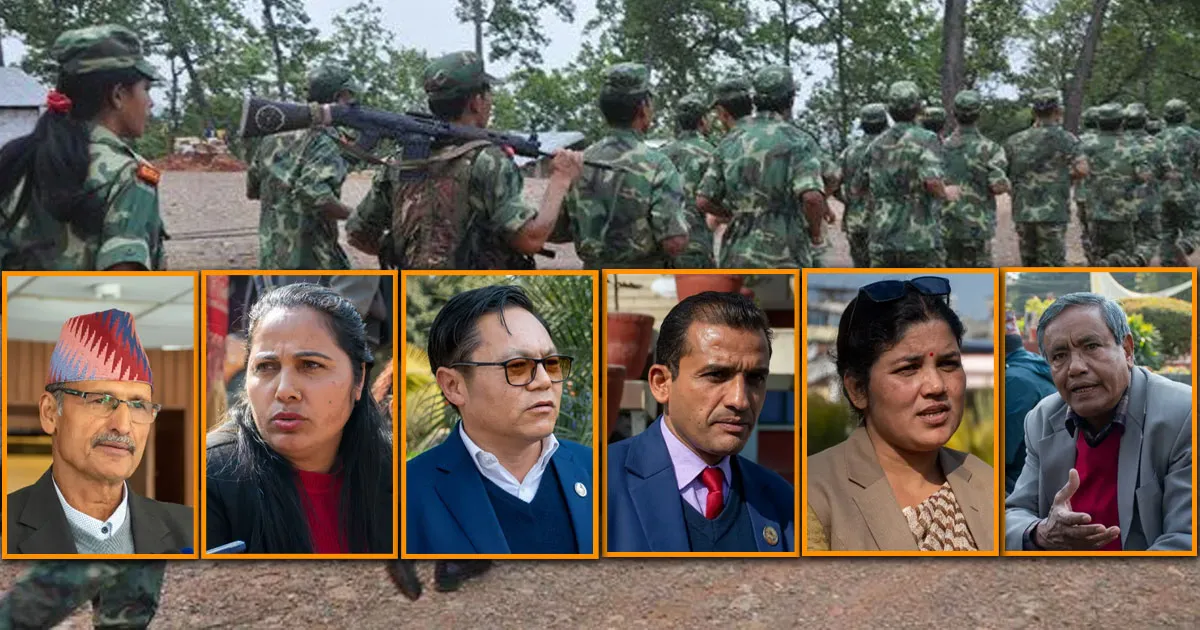
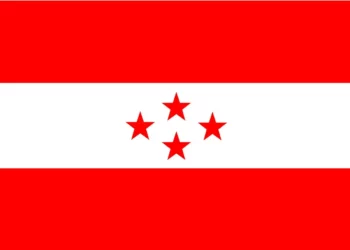

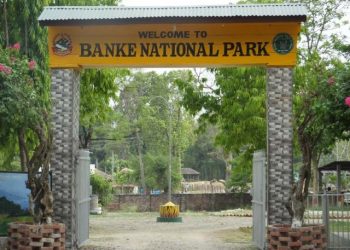
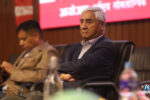


Comment